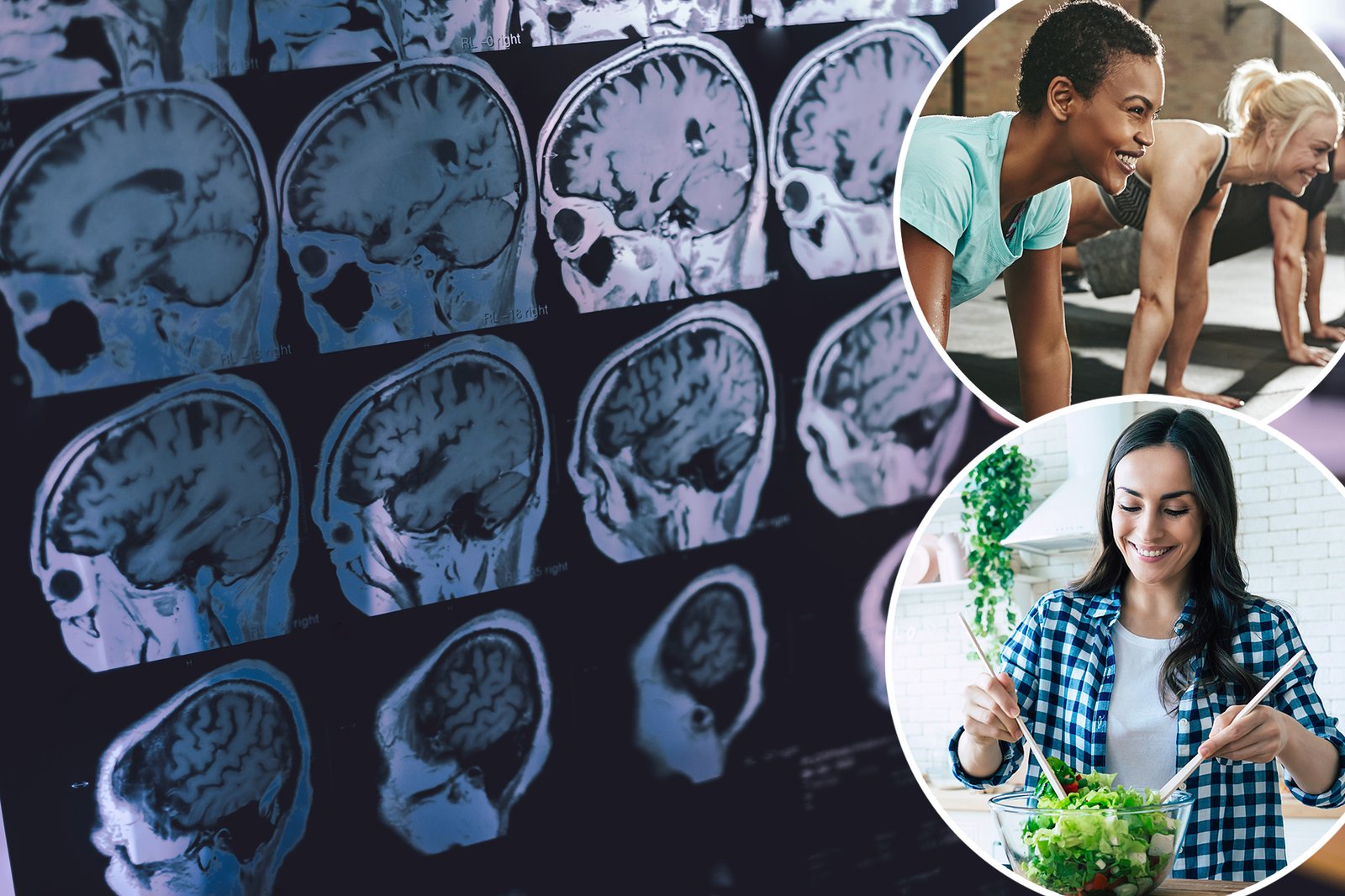Slowing Down Cognitive Aging: A Guide to Keeping Your Mind Sharp

Hello there, fellow cooking enthusiasts and lifelong learners! Today, I’m stepping a bit out of the kitchen to talk about something that affects us all eventually—our brain health and how we can take steps to slow down cognitive aging. As much as I love whipping up new recipes, I also understand the importance of keeping our minds as sharp as our chef’s knives. So, let’s dive into a recipe for a healthy brain and see how small changes can make a big difference.
I’ve always been curious about how lifestyle choices impact our well-being. Over the years, I’ve realized that maintaining a healthy brain is just as important as nurturing our bodies with delicious meals. Whether you’re kneading dough or learning a new language, these activities not only fill our days with joy but also contribute to our cognitive health. Let’s explore some practical ways to keep our minds young and vibrant.
Key Takeaways
- Diet plays a crucial role in maintaining brain health; focus on eating whole foods like fatty fish, nuts, and leafy greens.
- Regular physical activity and mental exercises can prevent cognitive decline.
- Consistent sleep and social connections are vital for optimal brain function and well-being.
The Role of Diet in Brain Health
You might wonder how your diet can influence your brain’s aging process. Well, it turns out that what you eat has a significant impact on your cognitive health. Incorporating plenty of protein-rich foods such as fatty fish, legumes, nuts, and whole grains into your diet can help ward off cognitive decline. These foods are rich in essential nutrients that support brain function and improve memory.

The Mediterranean diet has gained recognition for its benefits in promoting brain health. This diet emphasizes greens, fruit, nuts, and fish, all known for their protective effects on the brain as we age. According to Dr. Lisa Young, a registered dietitian and nutrition professor at New York University, a healthy diet is key to enhancing brain health and preventing cognitive decline.
Exercise: A Boost for Your Brain
We often hear about exercise being beneficial for our bodies, but it’s equally important for our minds. Regular physical activity helps maintain mobility and cognitive abilities. Neurologist Kim Johnson Hatchet suggests that even a little bit of daily movement can significantly reduce the risk of dementia. So why not take a brisk walk or join a dance class? You’ll be doing your brain a favor while having fun!

The Power of Consistent Sleep
Getting enough restful sleep is another critical component in maintaining optimal brain function. Research indicates that sleep deprivation can accelerate the aging process of the brain. On the flip side, ensuring consistent sleep—at least seven hours each night—can help slow down cognitive aging. Consider establishing a bedtime routine that promotes relaxation and prepares you for a good night’s sleep.

Mental Exercises for Cognitive Vitality
Keeping your mind active is just as important as nourishing it with the right foods. Engaging in activities that challenge your intellect, such as learning a new language or picking up an instrument, stimulates the brain and fosters the growth of new neural connections. Neuroscientist Rachelle Summers shares that these activities can significantly enhance memory performance.
Additionally, social connections play an essential role in maintaining cognitive health. Chronic loneliness can have detrimental effects comparable to smoking 15 cigarettes a day. Building strong social networks not only enriches our lives but also protects against cognitive decline.

Final Thoughts
Caring for your mind is just as crucial as caring for your body. By adopting practical lifestyle changes—such as eating nutritious meals, staying physically active, ensuring consistent sleep, engaging in mental challenges, and fostering social connections—you can keep your mind sharp and youthful. Think of it as creating an extended recipe for longevity where every ingredient counts toward a healthier future.
